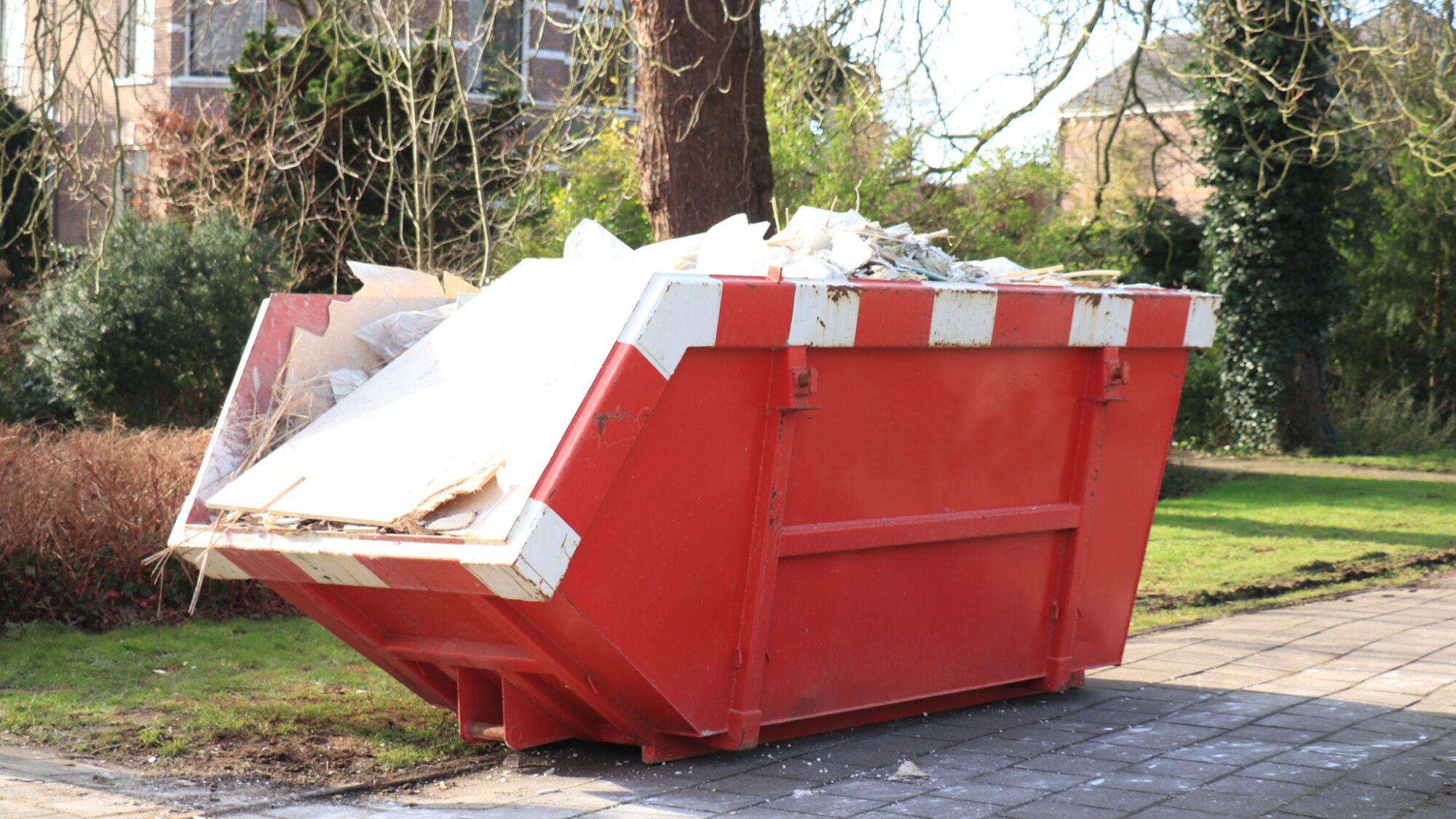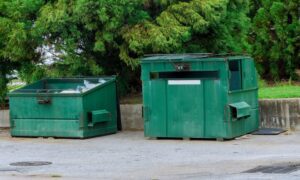Proper waste management is crucial, whether you’re tackling a home renovation, clearing out a cluttered attic, or managing construction debris at a job site. Dumpster rentals are one of the most convenient and efficient ways to handle large-scale waste disposal. But how do you know what size you need? What items can you dispose of? And how do you choose the right service provider?
This guide will answer all your questions about dumpster rentals, helping you make an informed decision. By the end, you’ll know exactly how to dispose of waste safely, efficiently, and cost-effectively.
Why Choose Dumpster Rental?
Dumpsters offer a practical solution for managing waste in large-scale projects. Here are a few key reasons to opt for a dumpster rental service:
- Convenience: You don’t have to worry about making multiple trips to the landfill. A dumpster can hold all your waste until you’re ready for it to be hauled away.
- Proper Waste Management: A professional rental service ensures that your waste is disposed of responsibly, often following local regulations and recycling mandates.
- Saves Time: Renting a dumpster eliminates the logistical headache of figuring out how to dispose of various types of waste.
- Variety of Sizes: Dumpster rental services offer multiple container sizes to accommodate anything from a small home cleanup to large-scale construction debris removal.
Now that we’ve covered the benefits, let’s break down how to choose the right dumpster rental for your needs.
How to Choose the Right Dumpster Size
One of the first decisions you’ll make when renting a dumpster is selecting the size. Picking the right size ensures efficiency and saves you money. Here’s a handy guide to common dumpster sizes and their best uses.
10-Yard Dumpster
Easily the smallest standard size, a 10-yard dumpster is perfect for minor projects like spring cleaning or small room renovations.
- Ideal Use: Cleaning out a garage, disposing of yard debris (leaves, branches).
- Capacity: Equivalent to around 3 pickup truck loads.
20-Yard Dumpster
The most popular size for both residential and small business projects, this size handles medium-sized renovations and cleanups.
- Ideal Use: Remodeling a living room, disposing of furniture, clearing out large attics.
- Capacity: Equivalent to roughly 6 pickup truck loads.
30-Yard Dumpster
Moving up in scale, a 30-yard dumpster is ideal for medium-to-large renovation projects or substantial cleanouts.
- Ideal Use: Kitchen or bathroom remodels, roofing projects, or large furniture haul-outs.
- Capacity: Equivalent to 9 pickup truck loads.
40-Yard Dumpster
The largest standard size, the 40-yard dumpster works best for major construction or demolition projects.
- Ideal Use: Removing construction debris, multi-room renovations, or demolitions.
- Capacity: Equivalent to 12 pickup truck loads.
Pro Tip: When in doubt, choose a slightly larger dumpster size. Overloading a smaller dumpster can lead to additional charges, while a larger one ensures all waste fits safely.
What Can You Dispose of in a Dumpster?
Dumpster rentals accommodate a wide range of waste types, but keep in mind that certain materials may be restricted due to disposal regulations. Below is a general guide of items allowed and restricted in dumpsters.
Allowed Items
- Construction Debris
- Drywall, wood, concrete, metals
- Household Waste
- Old furniture, mattresses, clothes
- Yard Waste
- Limbs, leaves, soil
- Appliances (without Freon)
- Washers, dryers, small electronics
Restricted Items
- Hazardous Waste
- Chemicals, paints, pesticides
- Batteries
- Lead-acid and lithium-ion batteries
- Electronics (in some locations)
- TVs, computer monitors
- Tires
- Special recycling rules often apply
Pro Tip: Always check with your dumpster rental provider for a full list of approved and restricted items based on local regulations.
The Dumpster Rental Process
Step 1: Assess Your Needs
Determine what type of waste you’ll generate, estimate the volume (think truckloads), and pick the appropriate dumpster size.
Step 2: Find a Reputable Provider
Look for a waste management company with transparent pricing, good customer reviews, and experience in handling a variety of dumpster rentals.
Step 3: Get a Quote
Contact providers and request a detailed quote. Make sure it includes delivery, pickup, disposal fees, and any weight limits.
Step 4: Schedule Delivery
Arrange for the dumpster to be delivered at your convenience. Ensure there’s enough space for placement and easy accessibility for removal.
Step 5: Fill It Up
Use your dumpster efficiently by breaking down items, placing heavier debris on the bottom, and avoiding overloading it past the fill line.
Step 6: Pickup and Disposal
Once your project is complete, contact your provider to schedule pickup. They’ll handle transportation and disposal according to local guidelines.
Dumpster Rental for Construction Debris
Businesses in the construction industry especially benefit from dumpster rentals. Remodeling and renovation projects tend to generate substantial amounts of debris, and having a dedicated dumpster on-site keeps projects running smoothly.
Key Benefits for Construction Sites
- Keeps work sites clean and safe
- Facilitates compliance with local disposal regulations
- Reduces downtime by streamlining waste removal
Top Construction Debris Items for Dumpsters
- Lumber and scrap wood
- Concrete and bricks
- Packaging materials
- Insulation
How Much Does Dumpster Rental Cost?
Pricing for dumpster rental varies widely based on factors like size, location, rental duration, and weight limits. Here’s a ballpark estimate for general costs:
- 10-Yard Dumpster: $250–$400
- 20-Yard Dumpster: $350–$600
- 30-Yard Dumpster: $450–$750
- 40-Yard Dumpster: $550–$950
Always ask for a detailed quote to avoid surprise fees like extra weight charges or late pickups.
Sustainable Waste Management
Many waste management companies are moving toward eco-friendly disposal practices. By choosing a service that prioritizes recycling and responsible disposal, you can reduce your environmental footprint. Some companies go as far as sorting waste offsite, ensuring even construction debris is properly recycled.
Questions to Ask About Sustainability
- Does the company offer recycling services?
- How do they handle hazardous materials?
- What percentage of waste is diverted from landfills?
Take Control of Your Waste Disposal
Dumpster rental is an efficient, cost-effective way to manage waste in residential, commercial, and construction projects. By understanding your needs, choosing the right size, and following local regulations, you can streamline your waste management process hassle-free.
Need help finding the perfect dumpster rental? Contact your local waste management experts today and get started.

































